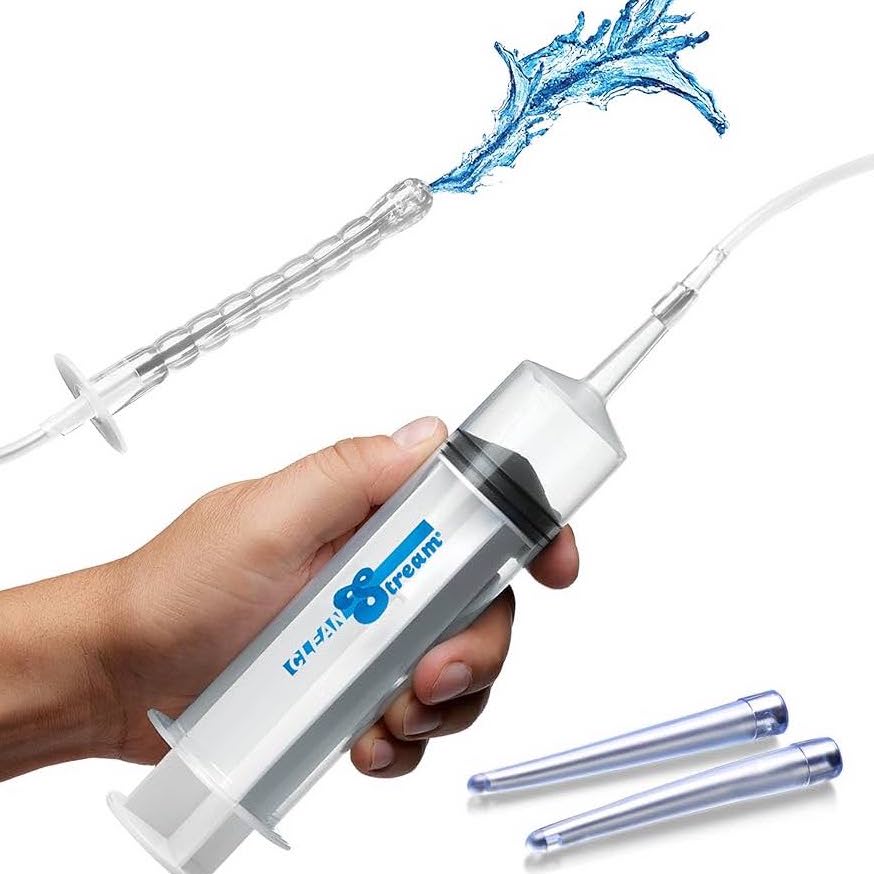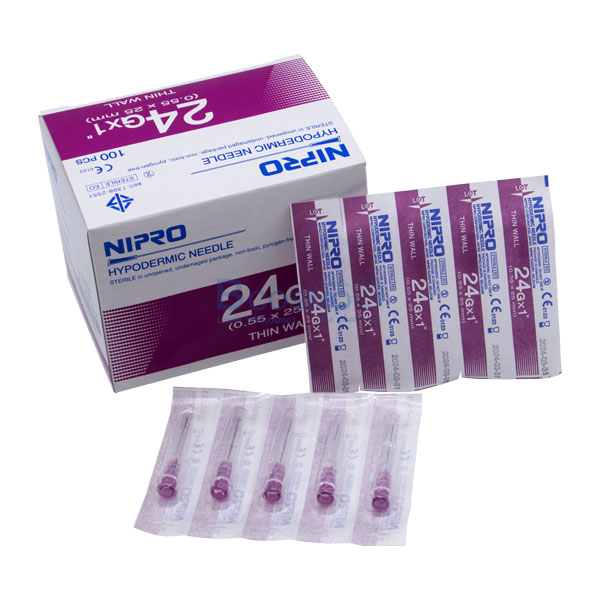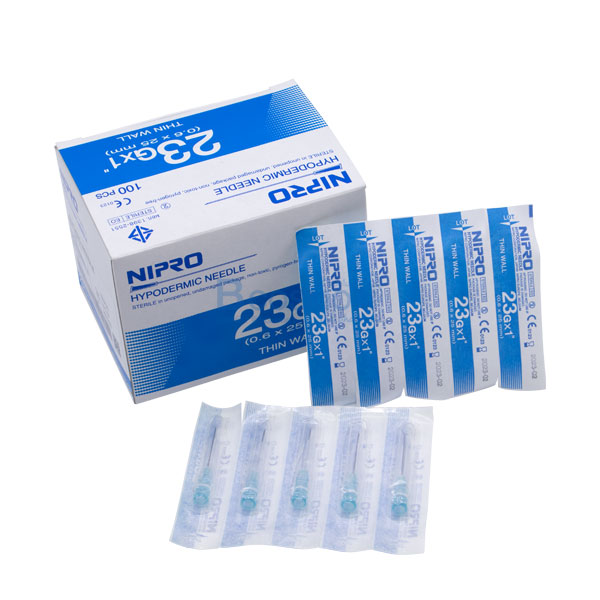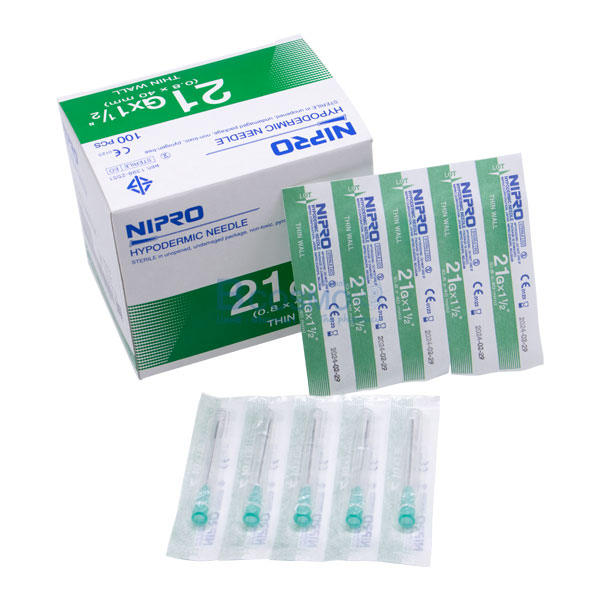Introduction
The clitoral needle(Japanese: クリトリス針), a relatively niche and specialized tool in the realm of sexual health and pleasure, has garnered attention for its unique applications. This article aims to provide a comprehensive understanding of the clitoral needle, covering its history, uses, safety considerations, and more. Whether you’re curious about its role in medical procedures or its potential in enhancing sexual experiences, this guide will delve into all aspects of this intriguing device.
What is a Clitoral Needle?
A clitoral needle, also known as a clitoral pin or clitoral stimulator, is a small, fine-gauge needle designed for precise stimulation of the clitoris. It is primarily used in medical settings for diagnostic purposes, such as testing nerve function, but it can also be utilized in certain therapeutic contexts to enhance sexual arousal and pleasure.
Historical Context
The concept of using needles for sexual stimulation dates back centuries, with ancient texts and practices hinting at various methods of enhancing sexual response. However, the modern clitoral needle emerged in the late 20th century, driven by advancements in medical technology and a growing interest in exploring new frontiers of sexual health.
Medical Applications
Diagnostic Uses
Testing Nerve Function
One of the primary medical applications of the clitoral needle is in diagnosing nerve-related conditions. By gently inserting the needle into specific areas around the clitoris, doctors can assess nerve sensitivity and function. This helps in identifying issues like neuropathy or other neurological disorders that may affect sexual response.
Evaluating Erectile Dysfunction
In some cases, the clitoral needle is used to evaluate erectile dysfunction (ED) in women. The procedure involves injecting a small amount of medication through the needle to observe the blood flow and erectile response. This diagnostic approach can help tailor treatments for ED, ensuring they are effective and personalized.
Therapeutic Uses
Enhancing Sexual Sensation
Beyond diagnostics, the clitoral needle can be employed therapeutically to enhance sexual sensation. For individuals experiencing reduced sensitivity or difficulty achieving orgasm, controlled use of the needle can stimulate nerve endings and improve overall sexual responsiveness.
Pain Management
Interestingly, the clitoral needle has shown promise in managing chronic pelvic pain. By targeting specific nerves, it can help alleviate discomfort associated with conditions like vulvodynia or interstitial cystitis. This innovative application highlights the versatility of the clitoral needle in addressing diverse health concerns.
Safety Considerations
Proper Usage
Professional Administration
Given its delicate nature, the clitoral needle should only be used under professional supervision. Trained healthcare providers ensure proper insertion techniques and minimize the risk of complications. They also monitor the patient’s response closely, adjusting the procedure as needed to achieve optimal results.
Sterilization Practices
Maintaining strict sterilization practices is crucial when handling the clitoral needle. Single-use, sterile needles are essential to prevent infections and cross-contamination. Healthcare facilities must adhere to rigorous protocols to safeguard patient health and well-being.
Potential Risks
Infection Risk
Despite stringent sterilization measures, there is always a slight risk of infection. Patients should be aware of signs like redness, swelling, or unusual discharge and seek immediate medical attention if any occur. Early intervention can prevent more serious complications.
Nerve Damage
Improper use of the clitoral needle can lead to nerve damage, resulting in altered sensations or even permanent numbness. To mitigate this risk, professionals undergo extensive training to ensure precise and gentle manipulation of the needle. Regular updates on best practices further enhance safety.
Psychological Impact
Emotional Response
Empowerment Through Knowledge
For many individuals, undergoing a procedure involving the clitoral needle can be an empowering experience. Gaining a deeper understanding of their own anatomy and responses fosters a sense of control and self-awareness. This knowledge can translate into improved sexual confidence and satisfaction.
Addressing Anxiety
Conversely, the idea of a needle near such a sensitive area can evoke anxiety. Open communication between healthcare providers and patients is vital to address these concerns. Providers can offer reassurance, explain each step in detail, and provide support throughout the process to ease apprehension.
Relationship Dynamics
Strengthening Intimacy
When used in a therapeutic context, the clitoral needle can strengthen intimate relationships. Couples who explore new ways to enhance sexual pleasure together often report increased connection and mutual understanding. This shared journey can deepen emotional bonds and foster greater intimacy.
Overcoming Challenges
Some couples may face challenges related to sexual dysfunction or differing levels of desire. Utilizing tools like the clitoral needle can help bridge these gaps, providing solutions that benefit both partners. Open dialogue and willingness to try new approaches are key to overcoming such obstacles.
Technological Advancements
Innovations in Design
Micro-Needle Technology
Advancements in micro-needle technology have significantly improved the design of clitoral needles. These ultra-fine needles cause minimal discomfort while delivering precise stimulation. Their smaller size also reduces the risk of tissue damage, making them safer and more effective.
Smart Needles
The integration of smart technology into clitoral needles represents another exciting development. Sensors embedded within the needle can provide real-time feedback on pressure and depth, allowing for highly accurate and personalized treatments. This level of precision enhances both safety and efficacy.
Future Possibilities
Personalized Medicine
Looking ahead, the future of clitoral needles lies in personalized medicine. Tailoring the needle’s design and usage based on individual needs could revolutionize sexual health care. Customizable options would cater to a wide range of conditions and preferences, ensuring optimal outcomes for each patient.
Expanding Applications
As research continues, we may see the clitoral needle’s applications expand beyond current boundaries. Potential uses in fields like regenerative medicine or neurostimulation could open up new avenues for treatment and innovation. The evolving landscape of sexual health promises exciting possibilities.
Ethical and Legal Considerations
Ethical Guidelines
Informed Consent
Ethical guidelines emphasize the importance of informed consent when using the clitoral needle. Patients must receive thorough information about the procedure, including benefits, risks, and alternatives. Ensuring that consent is freely given and fully understood is paramount to maintaining ethical standards.
Confidentiality
Respecting patient confidentiality is another critical ethical consideration. Sensitive information related to sexual health should be handled with utmost discretion. Healthcare providers must implement robust data protection measures to safeguard patient privacy and trust.
Legal Framework
Regulatory Compliance
From a legal standpoint, compliance with regulatory frameworks is essential. Each country has its own set of regulations governing the use of medical devices like the clitoral needle. Adhering to these regulations ensures that practitioners operate within legal boundaries and maintain high standards of care.
Advocacy for Change
Advocacy plays a crucial role in shaping the legal landscape surrounding the clitoral needle. Organizations dedicated to sexual health and rights work tirelessly to promote legislation that supports safe and accessible care. Their efforts aim to remove barriers and create a more inclusive environment for all individuals seeking assistance.
Conclusion
By exploring these various aspects, this article provides a comprehensive overview of the clitoral needle, highlighting its significance in both medical and personal contexts. Whether you’re a healthcare professional or an individual interested in expanding your knowledge of sexual health, understanding the clitoral needle offers valuable insights into this unique and multifaceted tool.
Despite this, the modern resurgence of interest in body modification has brought clitoral needles back into the spotlight. Today, individuals who choose to get clitoral piercings do so for a variety of reasons, including personal expression, sexual empowerment, and aesthetic appeal. Contemporary perspectives emphasize consent, safety, and individual choice, reflecting a shift away from traditional norms and towards a more inclusive understanding of body autonomy.
In conclusion, the historical and cultural significance of clitoral needles is multifaceted, reflecting changing attitudes towards gender, sexuality, and body modification. Understanding this history provides valuable insights into the broader context of how societies view and interpret female sexuality and bodily autonomy.





